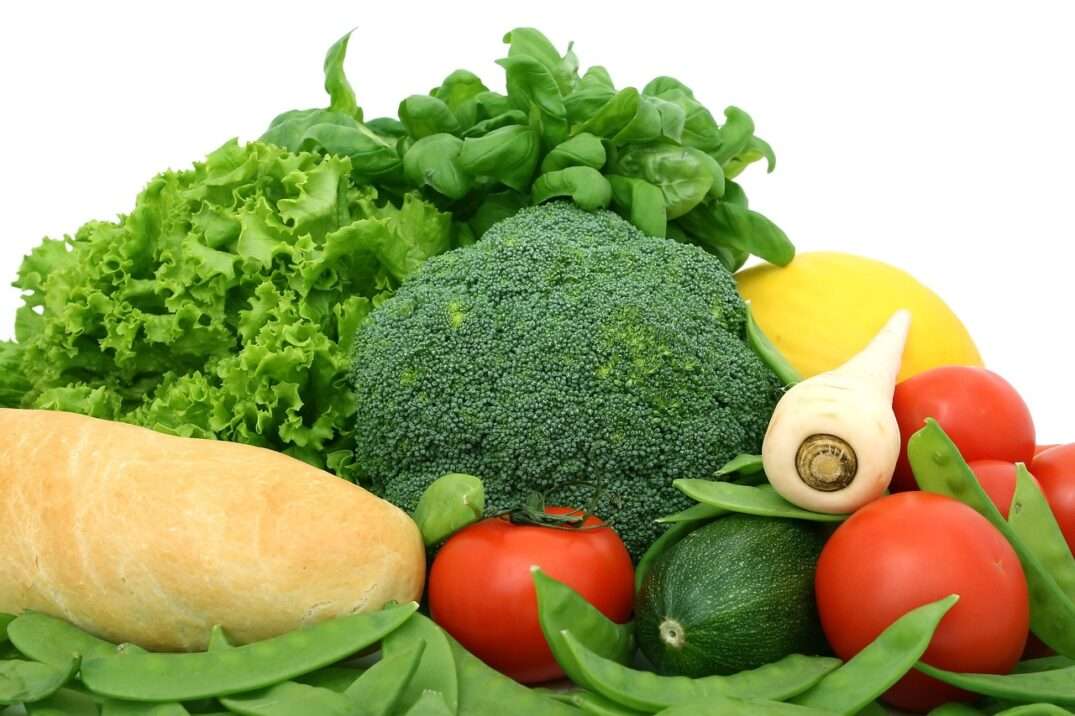What is Organic Food?
So what is Organic Food and is it any better for you than conventionally grown food? Organic food is that which is grown or produced without the use of any artificial chemicals such pesticides, fungicides and herbicides. Conventionally grown fruit and vegetables are often treated after harvest with preservatives or stored for long periods of time. Some are ripened artificially with chemicals such as ethylene gas, instead of the sunshine. You often note that some fruit such as apples are covered with a shiny wax like substance, which is a post harvest treatment to ensure long storage. Bananas are another one, noted for being picked green and stored in large warehouses for months and artificially ripened as needed.
Fruit and vegetables are often picked under ripe and then artificially ripened to ensure continuity of supply, which is understandable, but like tomatoes you will notice they don’t have the flavour that they used to have. Another issue with food such as meat, that is not grown organically, is that it is produced using artificial hormones and other chemicals. Animals raised under crowded conditions, such as chicken and veal, like humans when stressed, can produce bodily chemicals that are not conducive to good eating.
Other chemicals that are found in our food include artificial enhancers, preservatives, coloring and flavors. And the list goes on!!
All through the market chain from the producer to the consumer, organic food has to pass strict guidelines and pass specific certification criteria to be labelled as ” Certified Organic”. This means that at every step of the way, from the producer to the distributor and on to the consumer, the product has to pass regular tests which are checked by Qualified Certification staff to ensure that the product meets the recommended guidelines. In this way you can be assured that the food you are eating doesn’t contain toxic chemicals and is grown to specific standards. But as could be expected the implementation of all these checks mean higher costs for this type of food. Also one needs to be wary when it comes to buying such food as with everything, there are those who try to exploit the system and try to pass off non-organic food as organic. So buyer beware. Look out for the regulatory stickers on your food.
So is organic food better for you? There have been a number of studies over the years which came up with results that there was no nutritional difference between organic and conventional food sources but this makes one wonder who was paying for these studies?? You only have to think for yourself about how the incidence of disease over the years has increased dramatically for such things as cancer. You rarely heard of anyone with cancer now just about every one know somebody with the disease. If I recall correctly cancer forms as a result of ingesting harmful chemicals in food such as bacon containing nitrites, excess radiation from the sun ie. skin cancer, pesticides and herbicides such a roundup and radioactivity. Roundup used for years for killing weeds, was thought to harmless, but recent studies around the world are claiming it is a carcinogen or cancer forming chemical.
Lately genetically modified organisms (GMO’s) or foods that have had their genetic makeup altered, are also on the watch list. Grains and vegetable oils are often the most common foods that have been modified and it is now very hard to find foods, that have not been changed in any way. Laws to make it compulsory, for food to be labelled if they contain GMOs, have not yet been implemented. For more information on GMOs see another post on this blog.
On the other hand, having studied Plant Biotechnology at university, I am aware that there are lots of benefits in genetically engineering certain crops or plants, in that they bring about changes in plant characteristics much faster than what could occur naturally in the wild. These benefits or changes in the plant genetic material, could mean better resistance to diseases meaning the use of less chemicals, better quality fruit etc, but you have to weigh up the for and against, to decide if you are willing to ingest foreign material into your body. My major concern with such GMO crops is the integrity and the regulation of the changes made in the plant material we are eating. Can we really ever be sure what was genetically engineered into the plant DNA molecules?
So we have to use our own judgement and decide what we are going to ingest or subject our bodies to. It can pay to take note of the labeling on foods stuff to get some idea of what you are eating.
